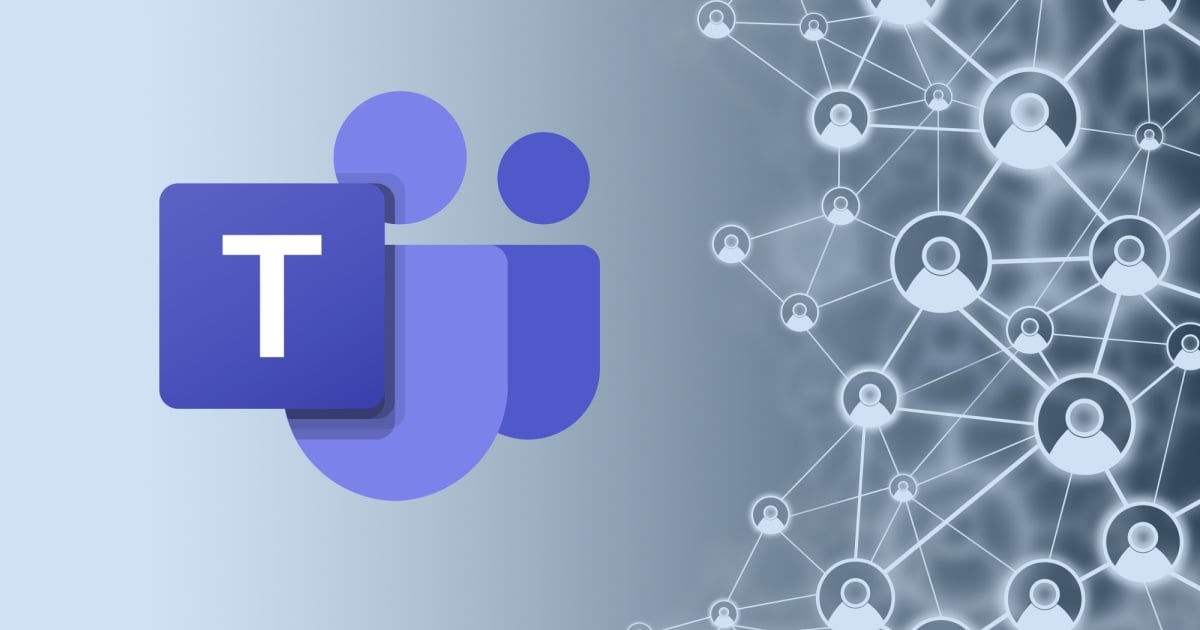
Organizations undergoing digital transformation face a surge in data volume while battling the prevalence of ransomware attacks. As they adopt digital technologies, data generation and collection expand exponentially. The total amount of data created, captured, copied and consumed globally is projected to grow to more than 180 zettabytes by 2025, according to Statista.
This data influx presents opportunities and challenges, necessitating robust infrastructure, scalable storage solutions and effective data management strategies. Organizations can harness this abundance of data to gain insights and enhance operations through advanced analytics and AI. However, without proper management, organizations may struggle to derive value from their data and face security risks.
At the same time, ransomware attacks have emerged as a dominant cyberthreat. Cybercriminals exploit vulnerabilities to gain unauthorized access and encrypt victim data until a ransom is paid. Factors such as the value of digital data, remote work and anonymous cryptocurrencies contribute to the rise of ransomware attacks. These attacks have severe consequences, including financial losses, operational disruptions and reputational damage.
To understand the implications of ransomware attacks on consumer data, Object First conducted a comprehensive survey. Here is what the survey found:
- 40% of consumers are skeptical of organizations' abilities to protect their data adequately.
- 75% of consumers would quickly switch to another company after a ransomware attack.
- 55% of consumers favor companies with comprehensive data protection measures such as reliable backup and recovery, password protection, and identity and access management strategies.
“It is no wonder consumers are seeking greater protection as organizations generate and consume more data than ever. With the escalating ransomware threat, data protection must be a core concern for every business,” said David Bennett, CEO of Object First. “Consumers take data protection seriously, and organizations must prioritize safeguarding consumer data against modern threats. This can be achieved by ingraining immutable data resilience as core to cyber security strategy.”
Bennett is right. According to the survey, 81% of consumers feel “very scared or worried” about their data being held by organizations lacking robust resilience against ransomware. The results underscore the necessity of a preemptive, effective backup and recovery plan to circumvent intricate, time-consuming, and costly recovery processes that could undermine vendor trust and jeopardize long-term business growth.
A preemptive backup and recovery plan is essential to prevent complex and expensive recovery processes that can harm vendor trust and hinder long-term business growth. Such a plan ensures data protection, availability, and business continuity. It safeguards against data loss, system failures and cyberattacks, enabling quick restoration of operations.
A well-executed backup strategy also instills confidence in customers, partners and vendors, contributing to long-term business growth and scalability.
Those organizations that do not have a plan in place need to be warned. After an attack, one in three consumers demand evidence of resilient backup and recovery strategies, and 30% lose all confidence in the company’s data protection plan, according to the report.
It is imperative for organizations to reassess their data protection strategies to ensure foolproof ransomware protection. Immutable on-premises backup storage can provide vendors with secure, unalterable and ransom-proof data, restoring consumer confidence and preserving brand reputation.
Edited by
Alex Passett






